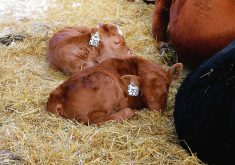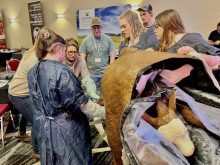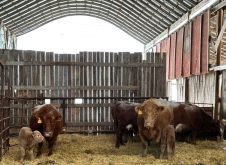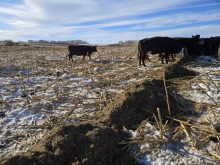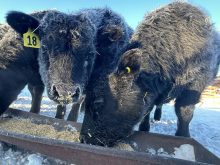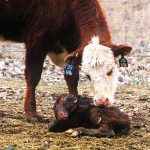The Canadian Food Inspection Agency doesn’t expect the discovery of Canada’s latest home grown case of bovine spongiform encephalopathy (BSE) to affect exports of Canadian cattle or beef.
CFIA on Monday confirmed BSE in the seven-year-old B. C. dairy cow, which was found through the national BSE surveillance program. As usual in these cases, no part of the animal’s carcass went into the food or feed chain.
Though the agency didn’t say where in B. C. the animal was found, it said the animal’s birth farm has been identified and an investigation is underway, tracing the animal’s birth herdmates and possible sources of infection.
Read Also
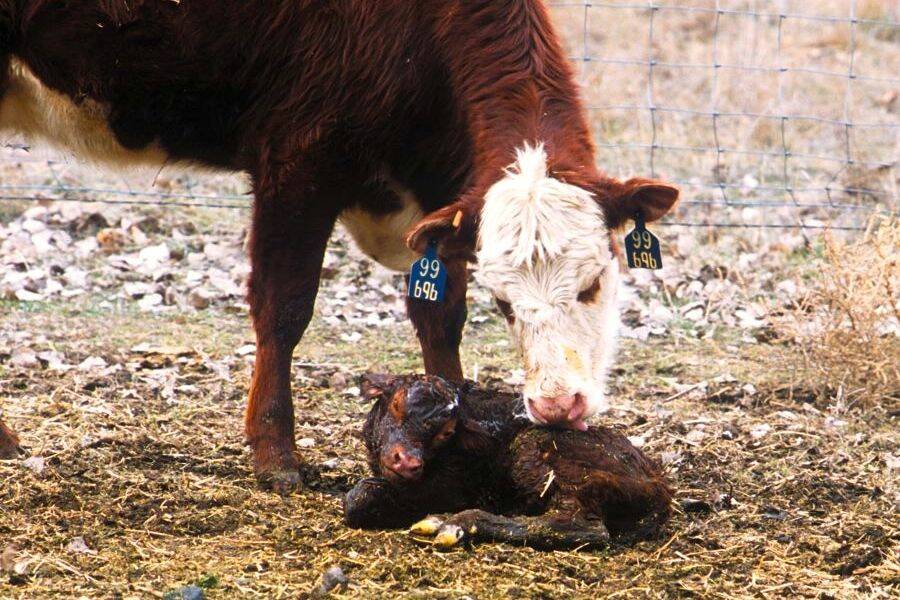
Scours doesn’t hibernate: Infectious risks for cold weather calves
Identifying specific pathogens and management flaws is essential for effective calf scours treatment and prevention on your farm.
Though the animal was born well after Canada imposed its ban on ruminant-to-ruminant feeding in 1997, CFIA noted its age and location “are consistent with previous cases detected in Canada.”
The animal is Canada’s 15th case of BSE, not counting an Alberta-born BSE-positive animal found in Washington state in 2003. The case is also B. C.’s fourth, compared to 10 cases in Alberta and one in Manitoba.




